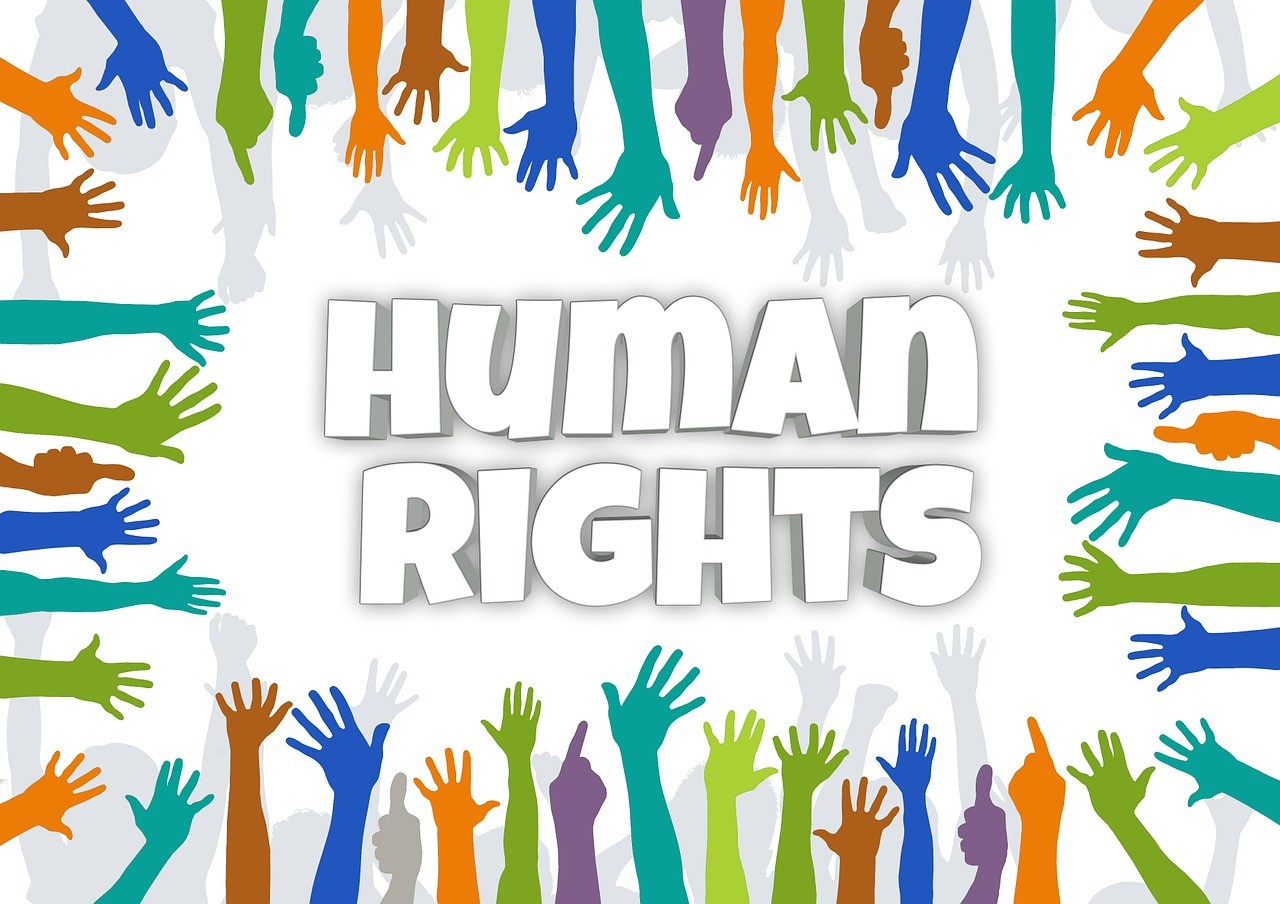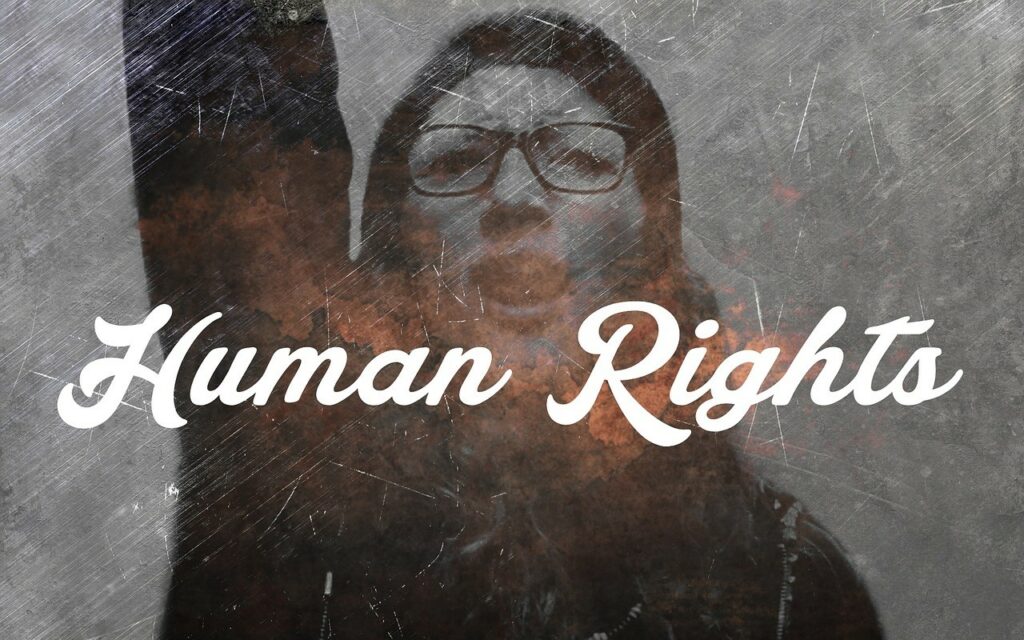
What are Fundamental Human Rights?
These are an integral part of the existence of any civilized state. Together with some responsibilities, they form the basis for the harmonious functioning of society. At present, various social sciences allocate a large number of different rights and freedoms, and this is by no means a constant concept: since, in the form of certain circumstances, rights can be limited or modified (for example, if this is required by the common good of society).
At the same time, there are some major rights that are taken as the basic ones. They became an integral part of life that plays a key role in the existence of society and influences the vector of its development. In fact, if these rights did not exist, then the very concept of humanity would have no meaning. While some of these rights are obvious, they have taken a long time to develop.
If we check the historical facts, this concept appeared together with the first political institutions. One of the priority areas of their work was to provide people with the opportunity to live a dignified life, respect for equality, freedom of religion, and so on.
However, both at the dawn of the formation of a legal society and now, humanity is clashing with various issues facing problems. In particular, when it comes to minorities (religious, sexual, racial, etc.). At the present time, the trends of digitalization and globalization of society have also influenced this phenomenon. Therefore, the topic of key human rights is still relevant and requires attention and deep study.
Classification of Key Freedoms
As it was mentioned below, the concept and list of key freedoms constantly changed in different historical periods. However, below, you can see a list of the most important freedoms and rights with a short overview.
Right to equality
Here, we are talking about the equality of any member of society before the law. The result of this right was the erasure of distinctions and the prohibition of discrimination against people based on caste, gender, skin color, religion, and so on.
Any member of society is equal to another, and he is provided with the same opportunities to move up the career ladder, to get a job in any public service, etc. It does not matter the color of your skin or the god you believe in – you can take part in the competition for senior positions in both private and public companies.
Rights to freedom
In itself, the concept of freedom is inextricably linked with many human rights and values. This category includes freedom of speech, the ability to openly express one’s opinion, create alliances and associations, the ability to choose any place on the planet for travel, and much more.
The financial side of freedom is especially important. As is known, the more financially independent a person is, the higher his quality of life. In a modern democratic society, any citizen of a free country has every right to buy, sell and own property. The government of democratic countries does not restrict your freedom of business if you do not violate the basic legal norms.
Speaking about freedom, it is important to note the legal side of the issue. A striking example of this is the impossibility of condemning a person twice for the same crime. In addition, you cannot force a person to testify against himself.

Right against exploitation
Throughout the history of human development, there have been many precedents for forced labor in one form or another. Unfortunately, modern realities show that some autocratic countries still use this practice in relation to their population.
If we consider democratic countries, then there is currently a ban on any form of forced labor. According to the letter of the law, no person has the right to exploit another person in any way whatsoever. After the introduction of such norms, in fact, human trafficking was officially banned, and begging became illegal.
Freedom of religion
Any member of society has the right to choose a religion, regardless of race, origin, color, etc. People can freely adopt, practice, and propagate (without violating the rights and freedoms of other people) the religion of their choice. The state, in turn, should not interfere in any way with people in any religious affairs. Regardless of the type of religious organization, they have the right to create and maintain an institution for meetings, sacraments, charity events, and so on.
Cultural and educational rights
This right is one of the priorities for any person. According to cultural law, any nation can count on help in preserving its historical heritage. Under this right, everyone is free to develop the culture of their choice. This right is closely intertwined with the issue of conversion: any person can enter any educational institution, regardless of their origin, skin color, religion, etc. As for minorities, the state protects and guarantees them the right to create their own educational institution in which cultural specifics will be taken into account.
Right to constitutional remedy
This right is also guaranteed to every person and is the crowning achievement of all of the above. According to it, any person can go to court to protect any of the aforementioned basic freedoms. In turn, the court stands guard over the rights and freedoms of people, regardless of their skin color, religion, and so on. Also, it stands against the violation of these rights and reacts adequately to anyone who tries to violate them. Thus, if you think that any person or organization has violated your basic rights, you can apply to the court for constitutional help and justice.
Final Thoughts
Basic rights are the cornerstone of human existence. Modern democratic civilization and progress are based on them. These rights can protect us in times of hardship and help us become good people.